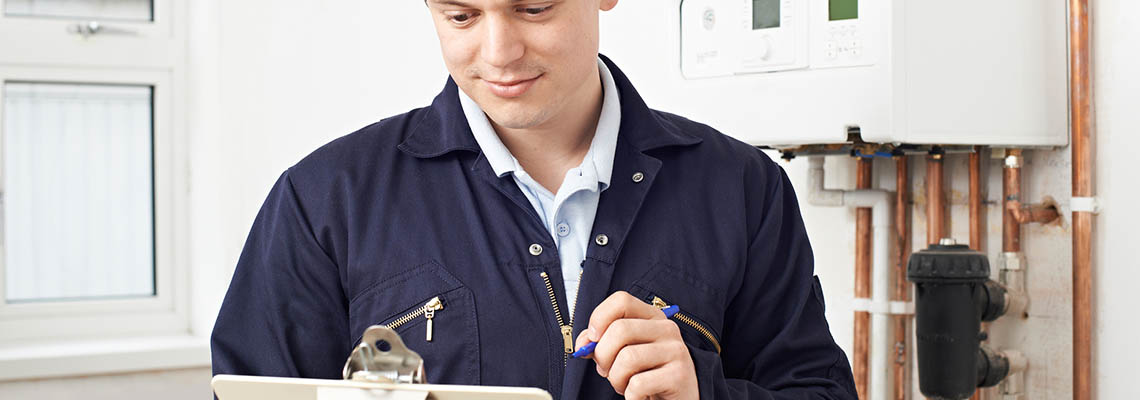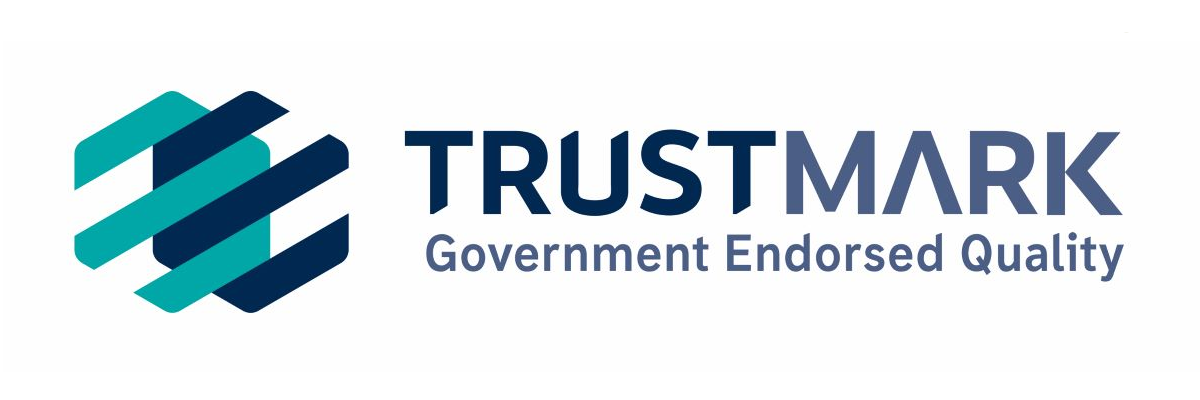Tradespeople carrying out work through the Energy Company Obligation (ECO) will need to be registered with a TrustMark quality scheme, the government has announced.
From 1st January 2020 it will be essential for tradespeople to hold the accreditation to work on energy efficient measures under ECO3, which includes boiler installations and domestic insulation.
As the amendment to the ECO scheme is rolled out, tradespeople will need to meet the requirements of the recent PAS2035 standards for retrofit projects. Provisions for first time central heating (FTCH) will be introduced by the government, such as:
- Increased lifetime for certain FTCH projects;
- permitting central heating in properties with a low energy performance certificate (EOC) rating of F and G; and
- the sufficient insulation of cavity walls and lofts/roofs, where possible, in homes receiving FTCH.
The official publication of the amendments from the government stated: “This will further support low income and vulnerable households to heat their homes adequately and save money on their heating bills whilst also ensuring that cost effective insulation measures are installed. We will not, however, allow FTCH to be installed as in-fill under local authority flexible eligibility.”
To allow businesses enough time to register with TrustMark, the updated regulations will come into effect from January 1st 2020 and is currently scheduled to last until 2022.
What are the aims of the scheme?
The scheme is part of government plans to make alternative heating systems, smart technology and energy storage more widely available.
Giving consumers the confidence that they’re hiring an engineer qualified to carry out the installation or improvement of energy efficient measures is the main priority of the scheme. By holding the amended accreditation, tradespeople will be listed on the TrustMark website, making it simple for customers to find and check the accreditations of engineers to complete work on their property under ECO3.
Speaking about the scheme, government minister for Business, Energy and Clean Growth, Kwasi Kwarteng said: “Driving up the energy efficiency of Britain’s homes is key to us reducing emissions from households, saving people money on their bills, and helping us to end our contribution to global warming entirely by 2050. This new scheme will guarantee households the peace of mind that workers installing energy efficiency measures in their homes are trusted tradespeople.”
Industry response
The Heating and Hotwater Industry Council (HHIC) were quick to state their opposition to the proposals due to the technical and financial impacts it will have on engineers and installers who are already qualified.
HHIC are encouraging installers concerned about the TrustMark scheme to voice concerns with their local MP and have drawn up a letter template:
“Heating professionals are highly accredited. They work hard to gain accreditation, and there are already many tools in place to indicate quality. For example; Gas Safe Register, CIPHE, manufacturers’ accreditation and training and the Competent Persons Schemes.
“Gas Safe registered engineers also use Benchmark, a scheme that operates with the support of boiler manufacturers and provides a checklist for a safe and reliable installation, as well as supporting consumer protection.”
OFTEC have also expressed concerns with the scheme as director of OFTEC registration, Adrian Lightwood, said that the government should rethink their ECO3 plans: “Government needs to get buy-in from various trades, otherwise crucial retrofit energy measures will once again fail to gain traction.”





